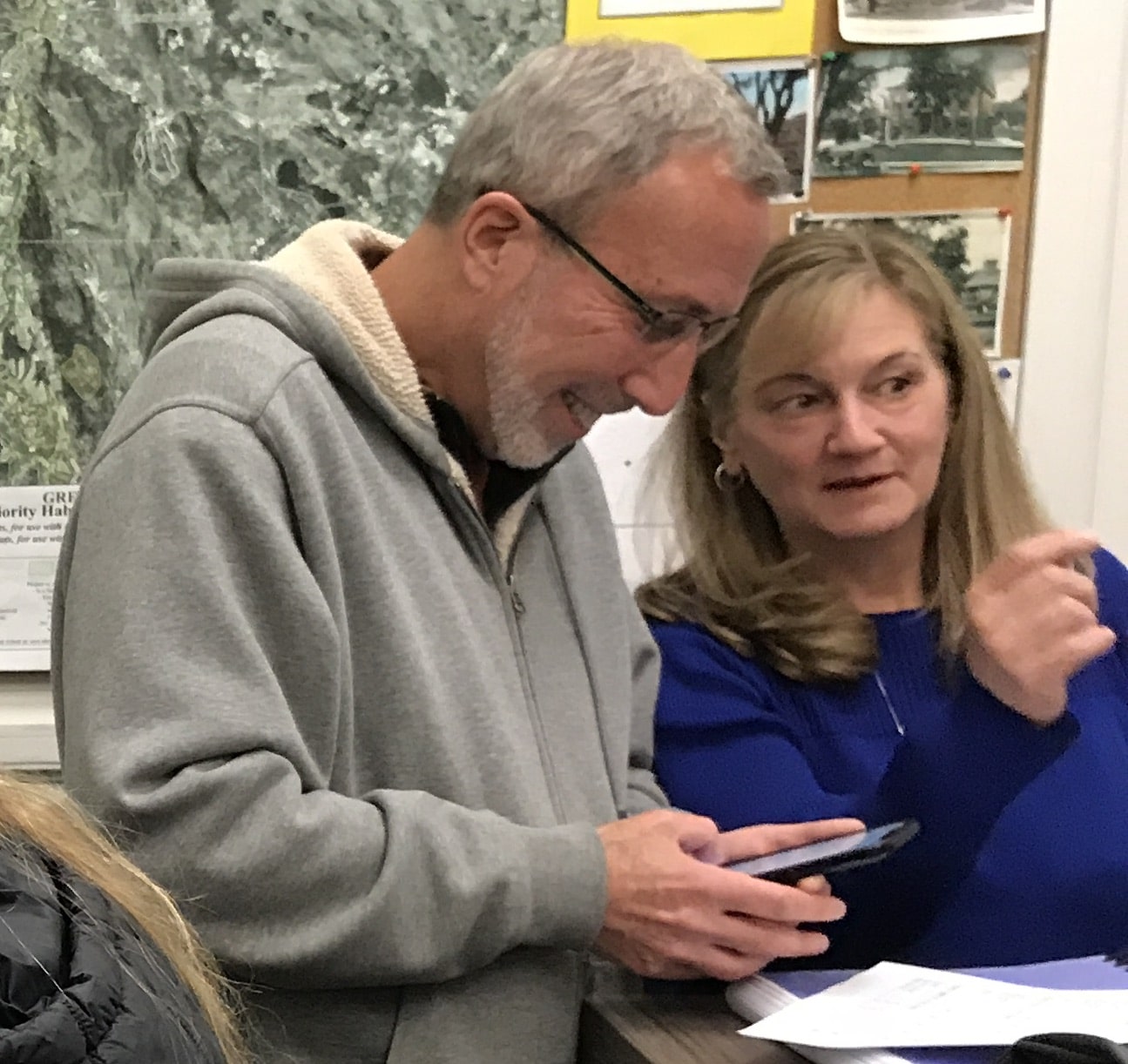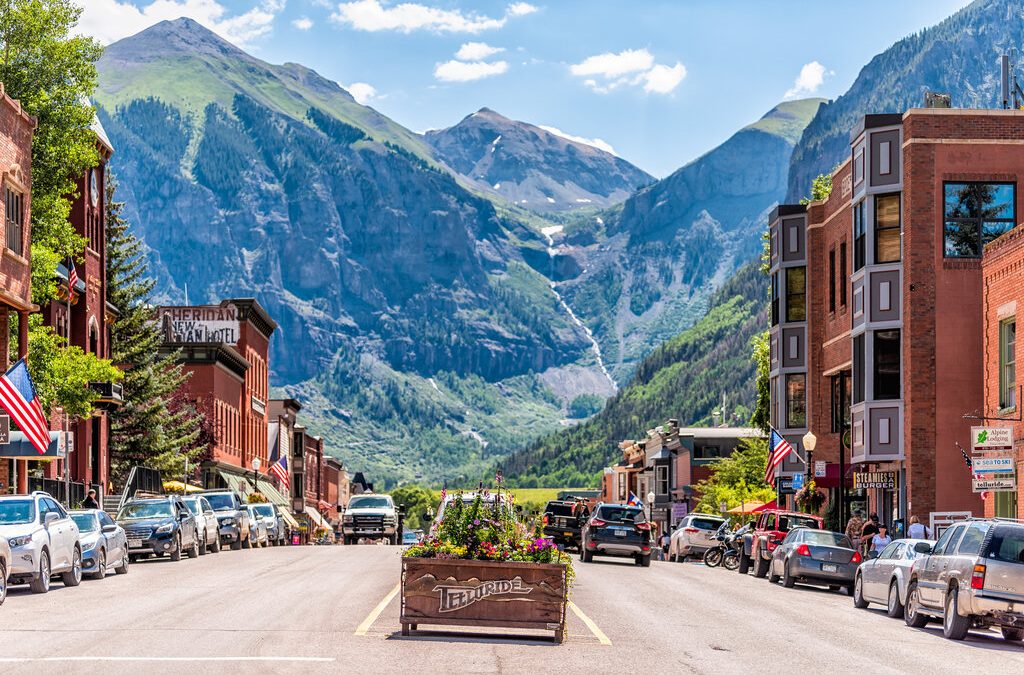Table of Content
Konstablerwache station is the second-busiest railway station regarding daily passenger volume after the central station. Taxicabs can usually be found outside the major S-Bahn and U-Bahn stations, at the central station, the south station, the airport, the trade fair and in the crowded inner-city shopping streets. The common way to obtain a taxi is to either call a taxi operator or to go to a taxi rank. However, although not the norm, one can hail a passing taxi on the street.

The German name Hessen, like the names of other German regions (Schwaben "Swabia", Franken "Franconia", Bayern "Bavaria", Sachsen "Saxony"), derives from the dative plural form of the name of the inhabitants or eponymous tribe, the Hessians . The geographical name represents a short equivalent of the older compound name Hessenland ("land of the Hessians"). The Old High German form of the name is recorded as Hessun ; in Middle Latin it appears as Hassia, Hessia, Hassonia. The name of the Hessians ultimately continues the tribal name of the Chatti.The ancient name Chatti by the 7th century is recorded as Chassi, and from the 8th century as Hassi or Hessi.
Traffic and public transportation
In the 9th century, the Saxon Hessengau also came under the rule of the Franconians. An early Celtic presence in what is now Hesse is indicated by a mid-5th-century BC La Tène-style burial uncovered at Glauberg. The region was later settled by the Germanic Chatti tribe around the 1st century BC, and the name Hesse is a continuation of that tribal name. The European Commission uses the German form Hessen, even in English-language contexts, due to the policy of leaving regional names untranslated.

Since approximately World War II, a spoken variety of Standard German with dialect substrate has been superseding the traditional dialects mentioned so far. This development knows a north-to-south movement, the north being early to supplant the traditional language, whereas in the south, there is still a considerable part of the population that communicates in South Hessian. In most of the areas, however, the traditional language is close to extinction, whereas until the first half of the 20th century, almost the entire population spoke dialect in almost all situations. The Upper Class started to speak Standard German beginning in the late 19th century, so for decades, the traditional language served as a sociolect. The CDU gained a relative majority in the 1974 elections, but the Social Democrats continued to govern in a coalition with the FDP. Hesse was first governed by the CDU under Walter Wallmann during 1987–1991, replaced by a SPD-Greens coalition under Hans Eichel during 1991–1999.
Government and politics
The Saalhof is the oldest conserved building in the Altstadt district and dates to the 12th century. It was used as an exhibition hall by Dutch clothiers when trade fairs were held during the 14th and 15th centuries. The Saalhof was partly destroyed in World War II and later rebuilt. KfW Bankengruppe — Government-owned development bank formed in 1948 as part of the Marshall Plan. KfW provides loans for approved purposes at lower rates than commercial banks, especially to medium-sized businesses. With total assets of €507 billion , it is Germany's third-largest bank.
With 20,000 employees in 2003, Opel was one of the five largest employers in Hesse. According to a ranking of German FOCUS magazine seven of the 48 largest advertising agencies in Germany are based in Frankfurt, including Havas, Dentsu, McCann-Erickson, Saatchi & Saatchi, JWT, and Publicis. Three of the four largest international accountancy and professional services firms are present. Fraport also operates other airports worldwide, e.g., King Abdulaziz International Airport in Jeddah, Jorge Chávez International Airport in Lima and Antalya Airport. With over 922 jobs per 1,000 inhabitants, Frankfurt has the highest concentration of jobs in Germany.
Financial
Hesse has also permanent representation offices in Berlin at the federal government of Germany and in Brussels at the institutions of the European Union. Hesse has been a parliamentary republic since 1918, except during Nazi rule (1933–1945). The German federal system has elements of exclusive federal competences, shared competences, and exclusive competences of the states. Hesse is famous for having a rather brisk style in its politics with the ruling parties being either the center-right Christian Democratic Union or the center-left Social Democratic Party of Germany . Due to the Hessian electoral laws, the biggest party normally needs a smaller coalition partner.

Its central location within Germany and Europe makes Frankfurt a major air, rail and road transport hub. Frankfurt Airport is one of the world's busiest international airports by passenger traffic and the main hub for Germany's flag carrier Lufthansa. Frankfurt Central Station is one of the largest rail stations in Europe and the busiest junction operated by Deutsche Bahn, the German national railway company, with 342 trains a day to domestic and European destinations. Frankfurter Kreuz, the Autobahn interchange close to the airport, is the most heavily used interchange in the EU, used by 320,000 cars daily. In 2011 human-resource-consulting firm Mercer ranked Frankfurt as seventh in its annual 'Quality of Living' survey of cities around the world. According to The Economist cost-of-living survey, Frankfurt is Germany's most expensive city and the world's tenth most expensive.
Available homes
It was constructed as a terminus station and was the largest train station in Europe by floor area until 1915 when Leipzig Central Station was opened. Its three main halls were constructed in a neorenaissance-style, while the later enlargement with two outer halls in 1924 was constructed in neoclassic-style. In 2010, 63 national and 152 international banks had a registered office, including the headquarters of the major German banks, as well as 41 offices of international banks. Frankfurt is therefore known as Bankenstadt ("City of the banks") and nicknamed "Mainhattan" or "Bankfurt".

The Deutsche Nationalbibliothek is the largest universal library in Germany. The third terminal will increase the capacity of the airport to over 90 million passengers per year. Handkäs mit Musik – German regional sour milk cheese and a culinary specialty in the Rhine Main Region. When it is topped with chopped onions it becomes "Handkäs mit Musik" because the onions are supposed to stimulate flatulence. Frankfurt kitchen – Designed originally in 1926 for the New Frankfurt-project and built in some 10,000 units, the kitchen became a milestone in domestic architecture, considered the forerunner of modern fitted kitchens.
Low-cost airlines, especially Ryanair, use Frankfurt-Hahn Airport as a major base, although the airport is actually located about 100 km from Frankfurt in the neighbouring state of Rhineland-Palatinate. Hesse is accessed by many major rail lines, including the high-speed lines Cologne–Frankfurt(op.speed 300 km/h) and Hanover–Würzburg. Other north-south connections traverse major east–west routes from Wiesbaden and Mainz to Frankfurt and from Hanau and Aschaffenburg to Fulda and Kassel. The Frankfurt Central Station is the most important hub for German trains, with over 1,100 trains per day. With Hesse's largest city Frankfurt am Main being home of the European Central Bank , the German Bundesbank and the Frankfurt Stock Exchange, Hesse is home to the financial capital of mainland Europe. Furthermore, Hesse has always been one of the largest and healthiest economies in Germany.
The airport also serves as a hub for Condor and as the main hub for German flag carrier Lufthansa. It is the busiest airport in Europe in terms of cargo traffic, and the fourth busiest in Europe in terms of passenger traffic behind London Heathrow Airport, Paris Charles de Gaulle Airport and Amsterdam Airport Schiphol. Passenger traffic at Frankfurt Airport in 2018 was 69,510,269 passengers. Apfelwein – Apple wine or hard cider is regionally known as "Ebbelwoi", "Äppler" or "Stöffsche". It is traditionally served in a glass, typically decorated with lozenges, called "Geripptes", a full glass is then called "Schoppen".



No comments:
Post a Comment